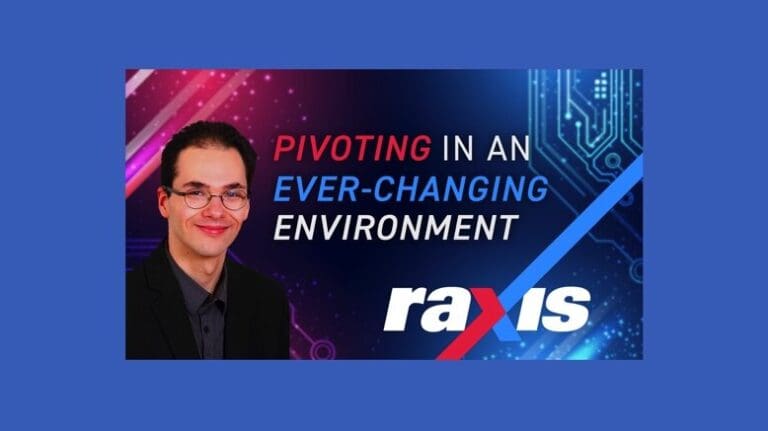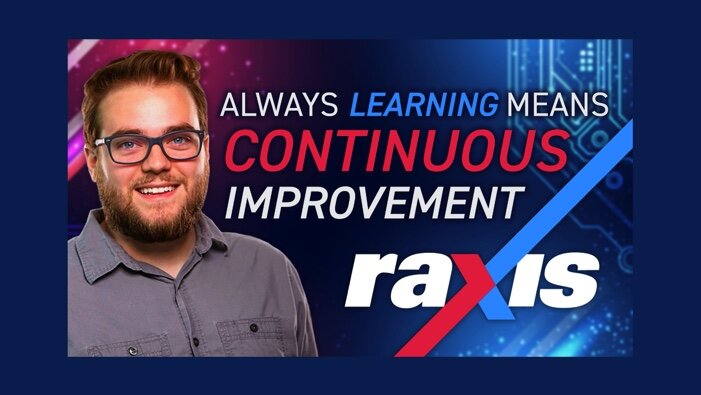Three Questions to Ask Before Connecting a Device to the Internet
Should you connect your latest device to the Internet? Lead Penetration Tester Scottie Cole recommends asking yourself some questions before you do.

Should you connect your latest device to the Internet? Lead Penetration Tester Scottie Cole recommends asking yourself some questions before you do.

At Raxis, additional skills mean more opportunities to grow. Lead Developer Adam Fernandez talks about his journey at Raxis.

Communication is the key to success for Raxis and for our customers. Tim Semchenko shares how the results mean a great penetration testing experience.

It has never been more important for us to encourage the next generation’s best and brightest to pursue a career in cybersecurity. When Lovett School student Cameron Colavito reached out to Raxis COO Bonnie Smyre for advice, she was happy to offer insights from the world of pentesting.

Continuous improvement is the name of the game at Raxis. Hear from our own Matt Dunn about what this means to him.